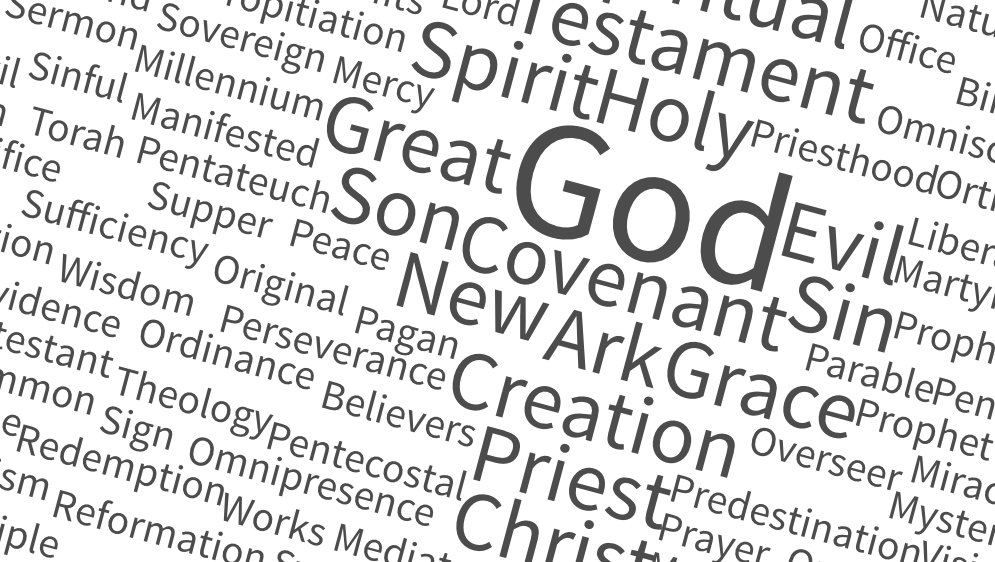The Old Testament has many people who are chosen by God to be Prophets, like Moses, Elijah, Elisha, Isaiah, Jeremiah and Jonah. Many of the books of the Old Testament which record their words are known as ‘the Prophets’ (see Old Testament). A Prophet in the Old Testament was God’s mouthpiece to the people, speaking God’s words with God’s authority. So to obey the Prophet was to obey God Himself and to disobey the Prophet was to disobey God Himself (Deuteronomy 18:14-22). It was the Prophet’s primary job to call the people back to obey the covenants that God had made, and most of their time is spent urging the people to repent. The Prophets were also pointing forwards to God’s Messiah who would come to save His people, and when we get to the New Testament it becomes clear that they spoke of Jesus Christ (Luke 24:25-27).
There were also many false prophets who pretended to speak for God but who actually made up their own prophecies (e.g. Jeremiah 14:14, 2 Peter 2). In the New Testament, we see that John the Baptist is the last of the Old Testament Prophets, calling people to repentance. After him, Jesus, God’s own Son, came as the ultimate Prophet, who would replace them as the way in which God spoke to His people (Acts 3:17-26, Hebrews 1:1-4). While He was on earth, Jesus appointed His Apostles to be a New Covenant equivalent of the Prophets: they had His authority to speak and write down God’s words, just as the Prophets did before them. They too called people to repent and turn to God through the Gospel. Ephesians 2:20 tells us that God’s church is built on the Apostles and Prophets. Paul means that the church’s foundation is the revelation of the gospel in the Holy Scriptures, which these men were authorised by the Holy Spirit to write. There are therefore no new ‘Apostles’ or ‘Prophets’ today. Instead, we have the Apostles’ and Prophets’ teaching, in the Old and New Testament, as a foundation for church life.
Some today continue to use the term Prophet as an office in the church, and by that they tend to mean someone who can bring new revelation from God in the same authoritative way as the Old Testament Prophets did. This is misleading, as the Bible gives a higher authority to the title ‘Prophet’ than can be claimed by anyone living in the present day. God does use prophecy within the church today (see Prophecy), but the title or office of ‘Prophet’ should no longer be used.
